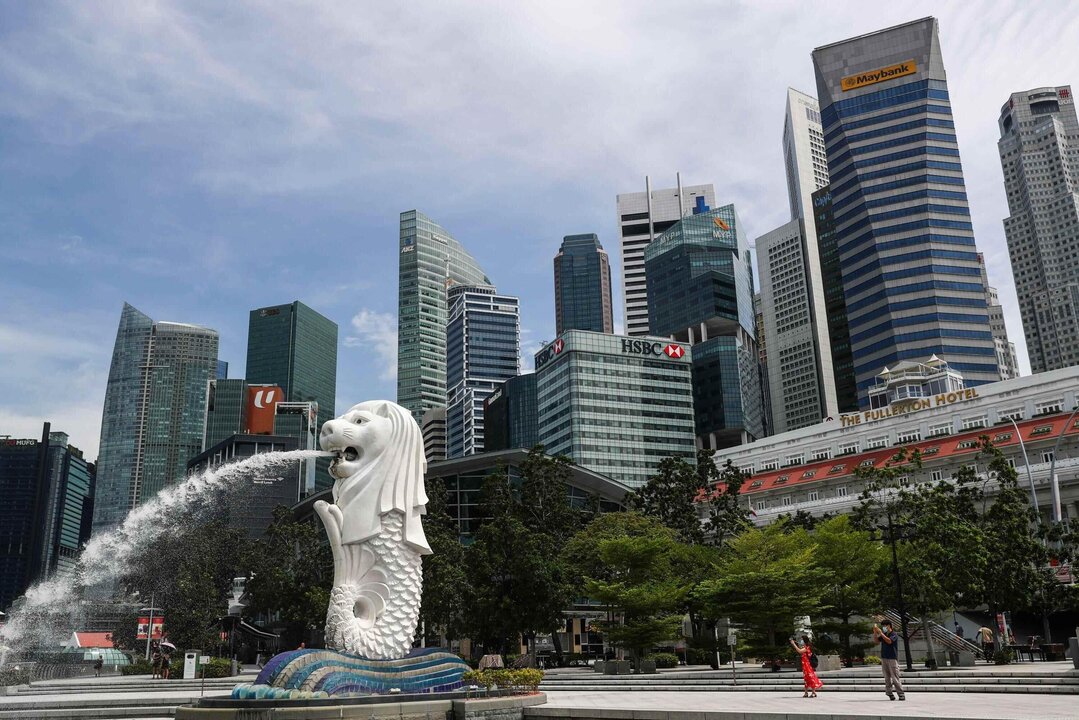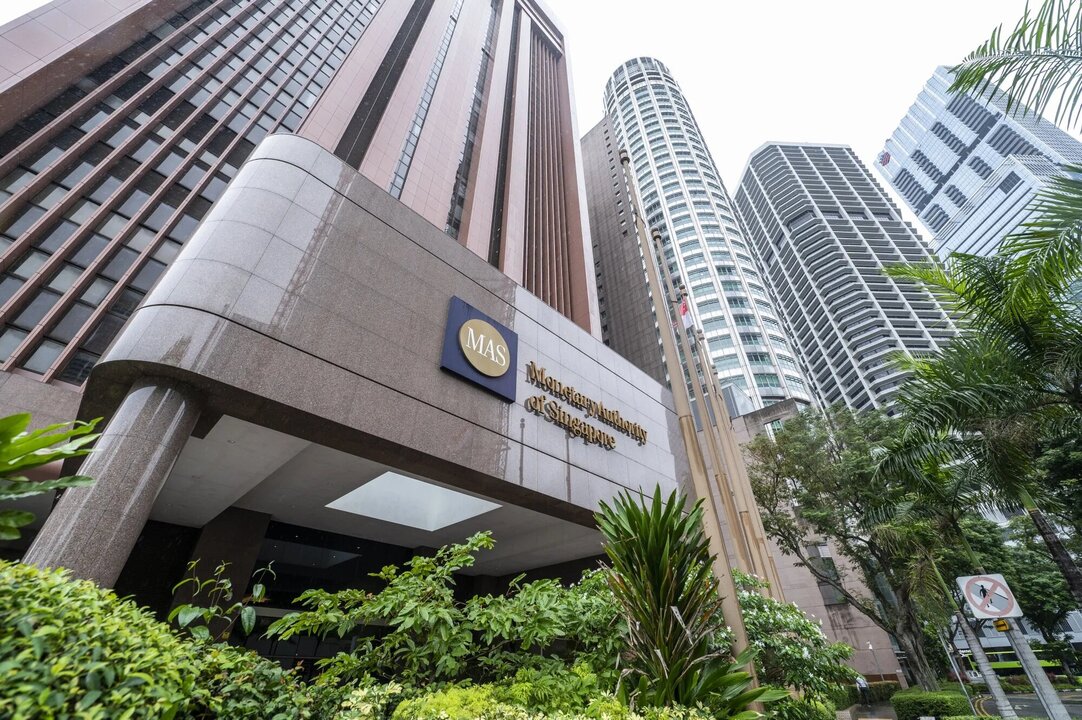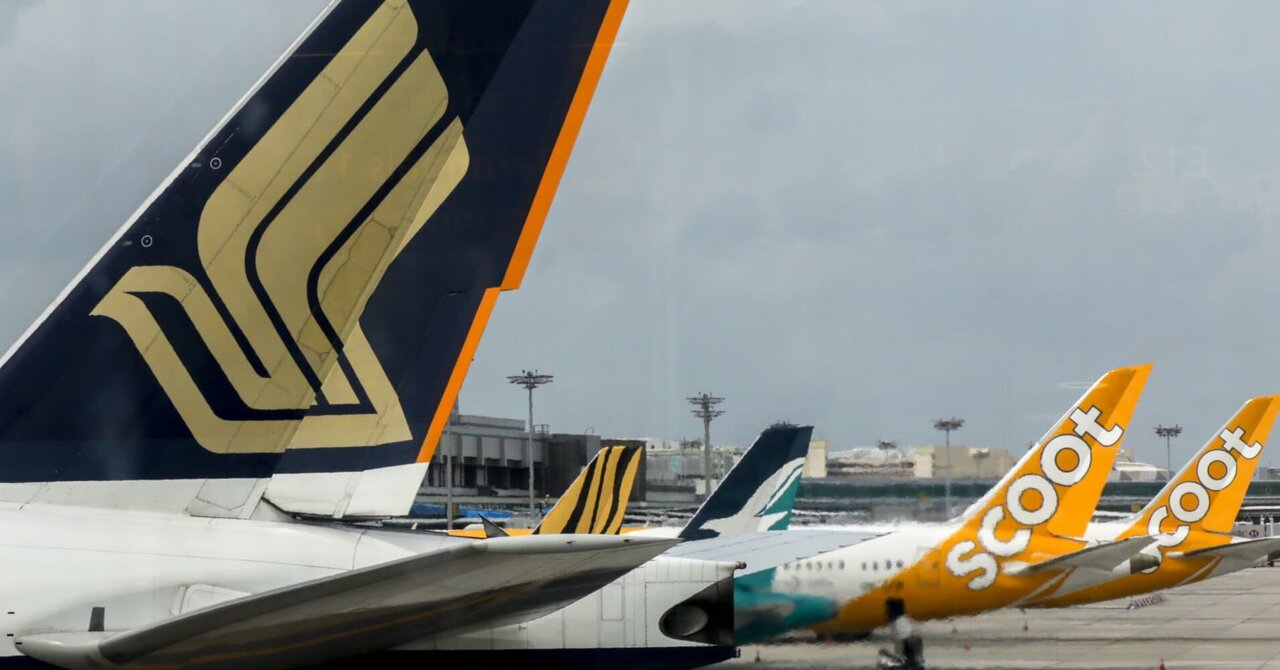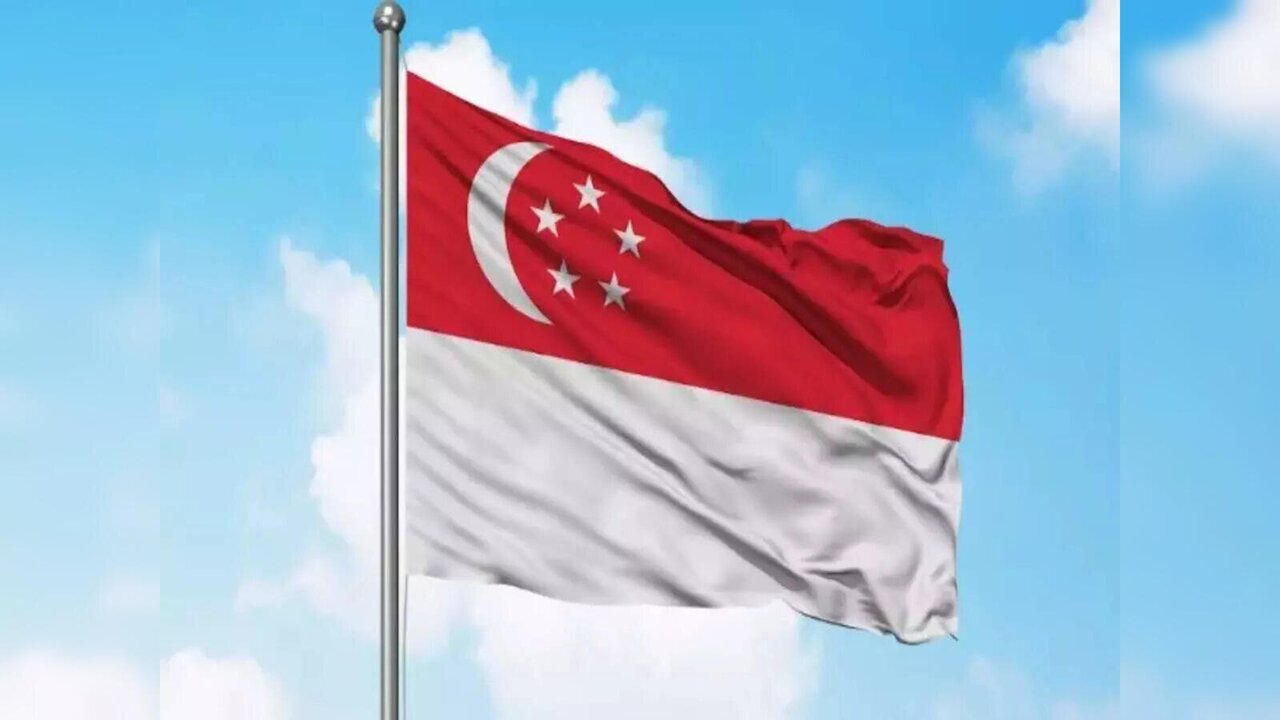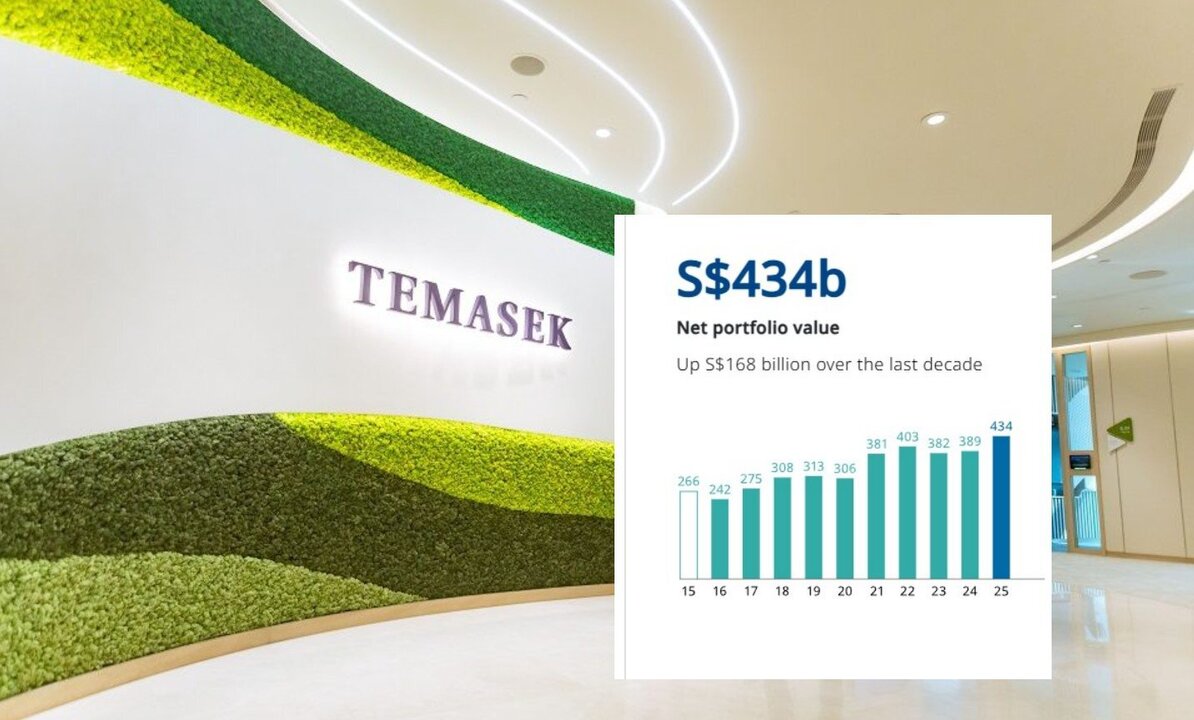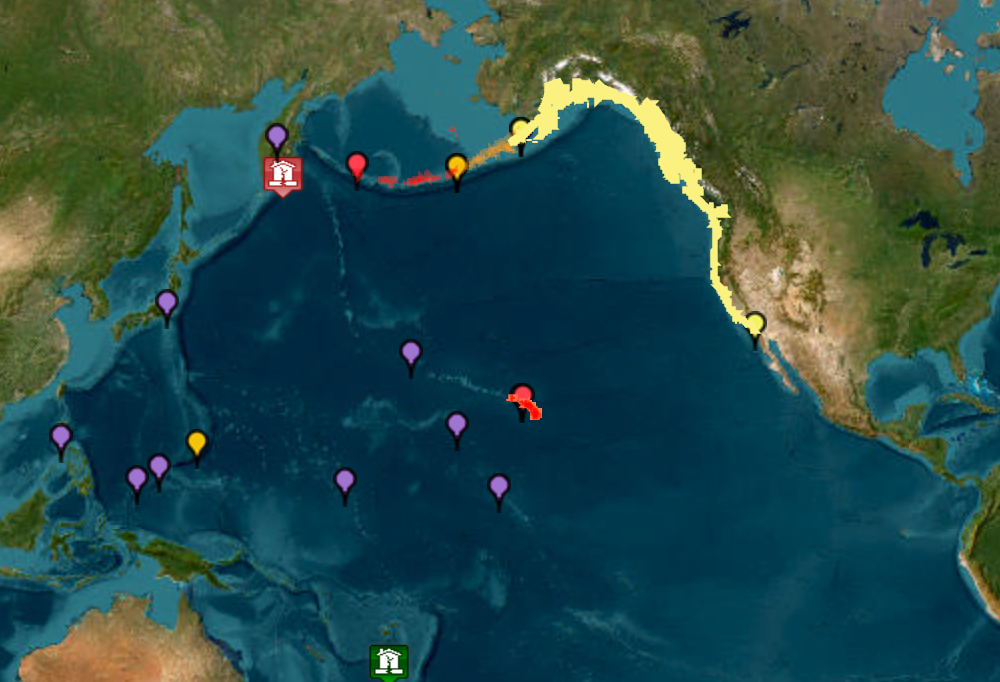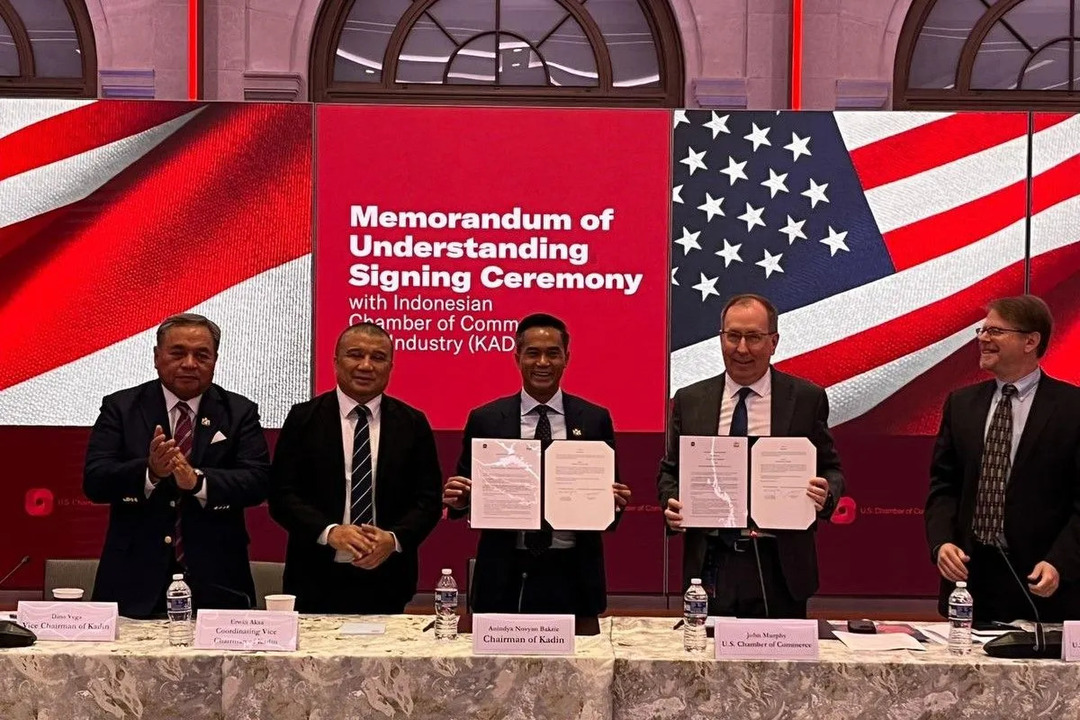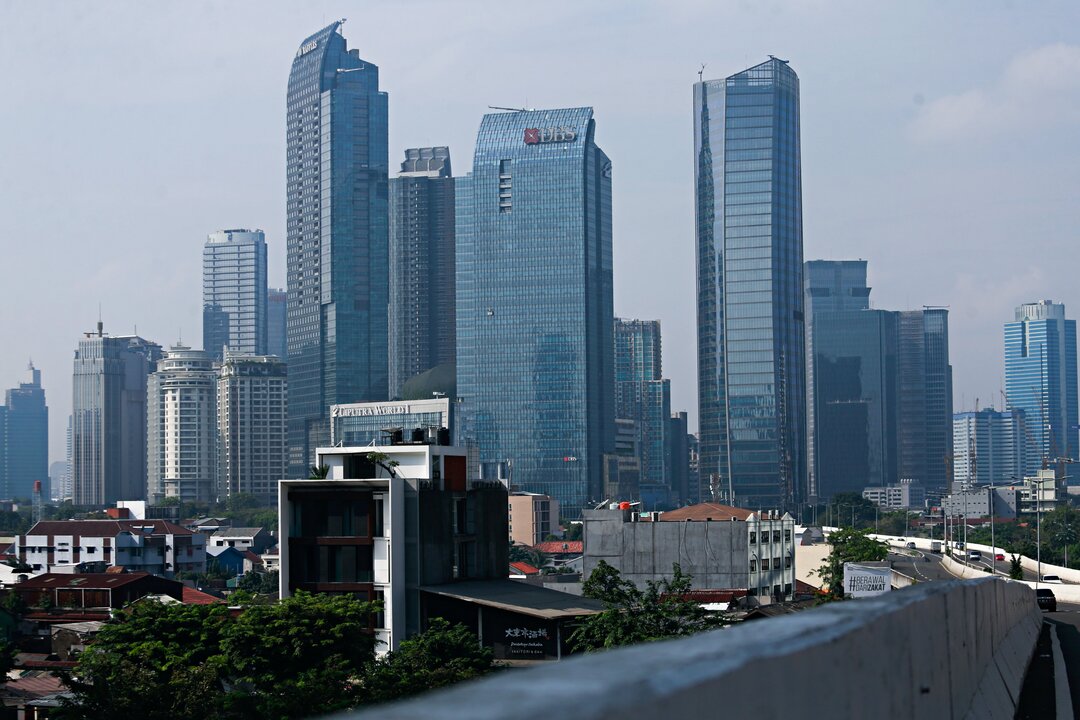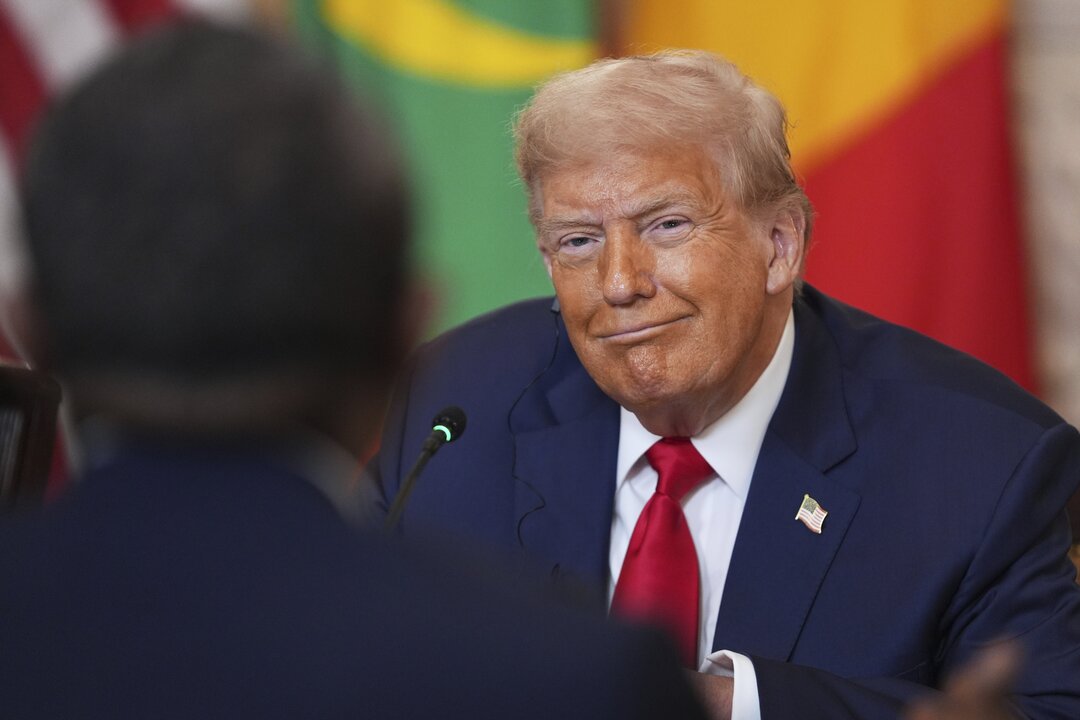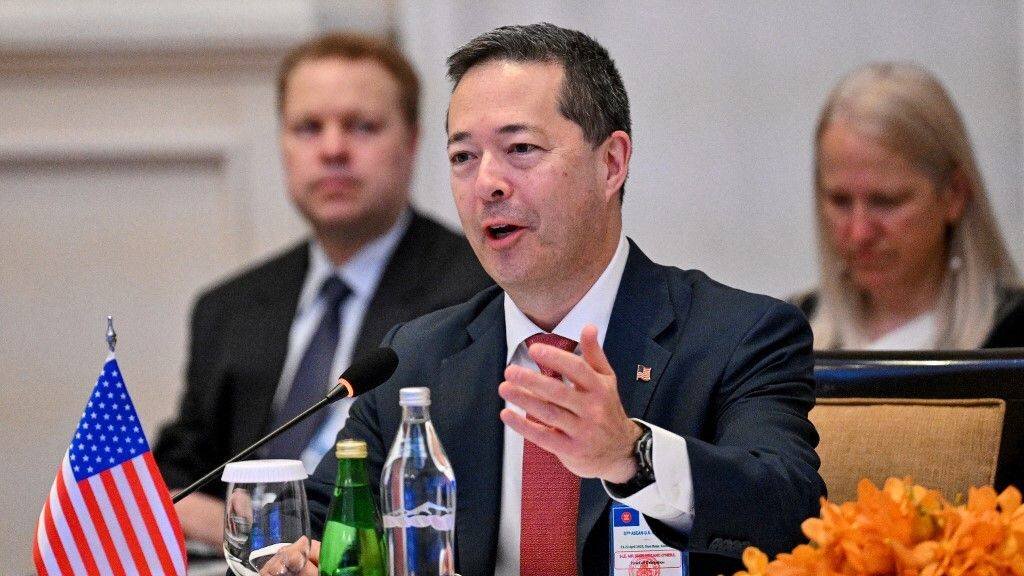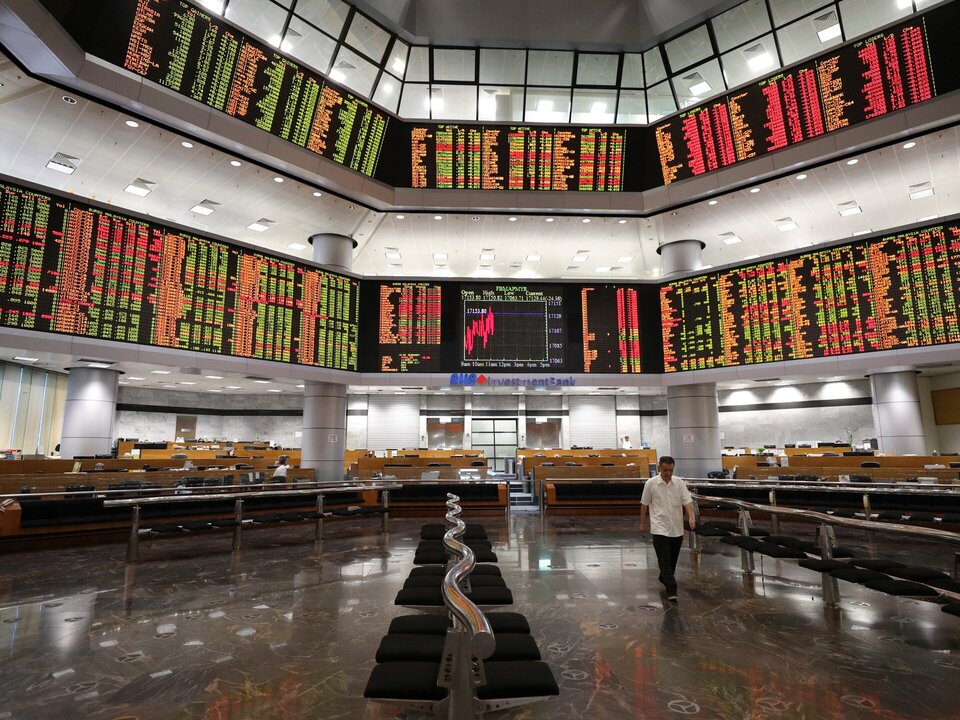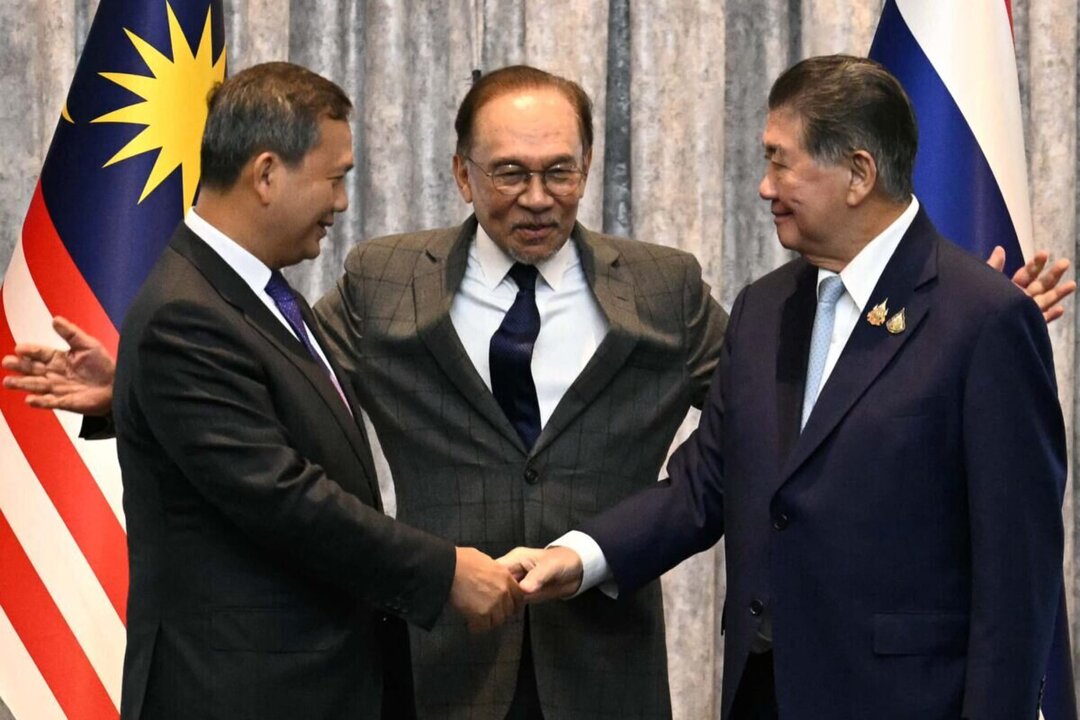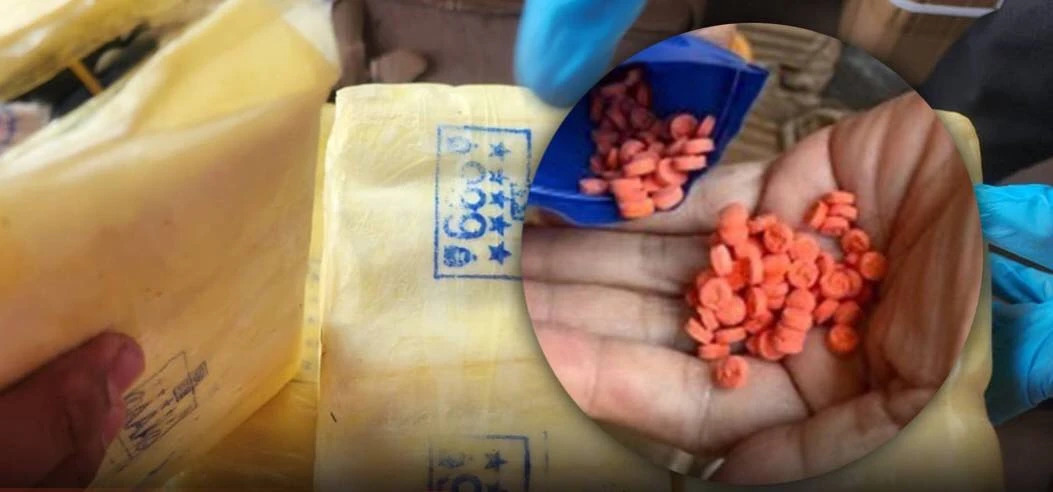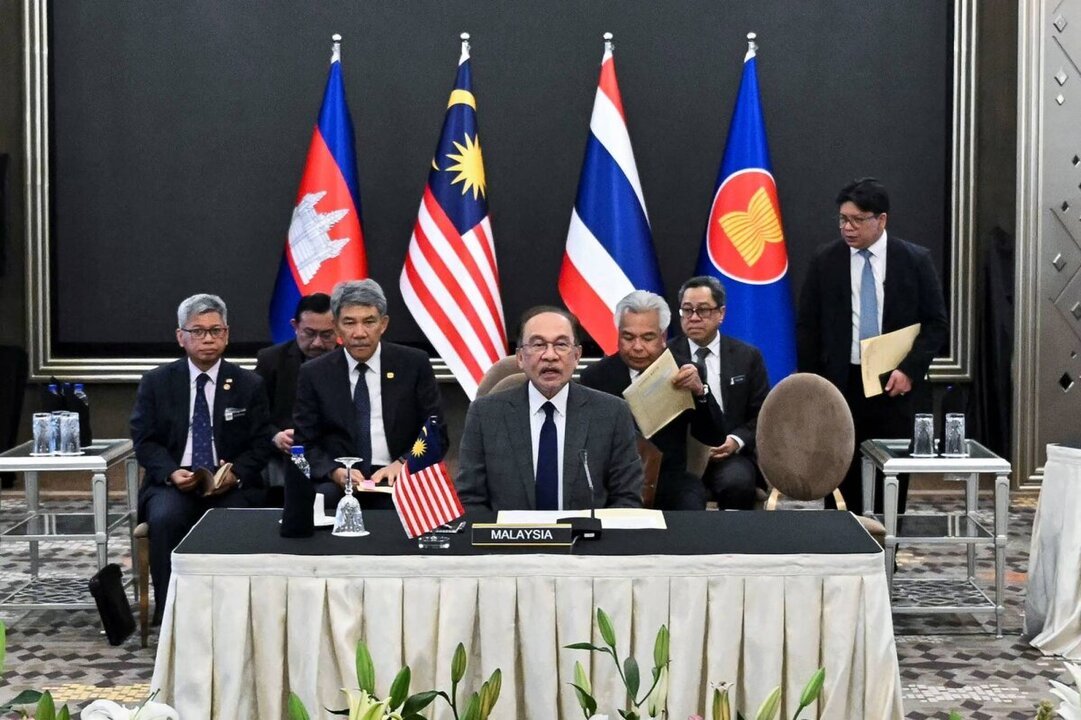Finance Secretary announces potential for online gaming tax legislation to curb gambling issues as part of fiscal consolidation efforts.
MANILA, Philippines – The Philippine government is considering implementing a tax on online gaming, according to Finance Secretary Ralph Recto.
The proposal has gained traction among lawmakers who are advocating for measures to address rising gambling addiction within the nation.
Recto indicated that Congress may pass legislation imposing taxes on online games as early as this year.
The Department of Finance (DOF) is collaborating with the Philippine Amusement and Gaming Corp. (Pagcor) to evaluate potential revenue from such a tax.
“This will give us clearer visibility soon,” Recto stated regarding the ongoing discussions with Pagcor.
The proposed taxation on online gambling is expected to support the fiscal consolidation plans of the Marcos administration, which is facing a budget deficit projected to reach PHP 1.6 trillion (approximately USD 28.5 billion) this year, equivalent to 5.5 percent of the country's gross domestic product (GDP).
Public opposition to new taxes has historically posed challenges in reducing the budget deficit, leading to increased borrowing.
Recently, economic managers adjusted the state’s revenue target for 2025 down to PHP 4.5 trillion from an earlier estimate of PHP 4.6 trillion.
Support for the proposed tax on e-gambling may stem from various legislative efforts that have emerged in the 20th Congress, which either seek a total ban on e-gambling or aim to restrict public access by prohibiting the use of e-wallets for betting.
Additionally, the Catholic Church has expressed concerns regarding insufficient government measures to prevent minors from accessing online gambling platforms, as well as the promotion of online casinos by celebrities.
Malacañang has indicated that President Marcos would not oppose the DOF’s plan for taxing online gaming operators, provided that the proposal is thoroughly examined.
According to data from Pagcor, the gross gaming revenue (GGR) from the e-games and e-bingo sector reached PHP 51.39 billion in the first quarter of the year, representing 49.36 percent of the total GGR of PHP 104.12 billion for the Philippine gaming industry during that period, surpassing traditional brick-and-mortar casinos as the leading driver of growth.
Alejandro Tengco, Pagcor Chair and CEO, noted that the shift towards digital gaming is attributed to changing consumer preferences, as punters increasingly favor “digital, on-demand gaming experiences” facilitated by enhanced access to mobile technology.
Tengco projects that total gambling-related revenues could rise by 15 percent in 2025, potentially reaching between PHP 450 billion and PHP 480 billion, up from the record GGR of PHP 410.5 billion in 2024.
The proposal has gained traction among lawmakers who are advocating for measures to address rising gambling addiction within the nation.
Recto indicated that Congress may pass legislation imposing taxes on online games as early as this year.
The Department of Finance (DOF) is collaborating with the Philippine Amusement and Gaming Corp. (Pagcor) to evaluate potential revenue from such a tax.
“This will give us clearer visibility soon,” Recto stated regarding the ongoing discussions with Pagcor.
The proposed taxation on online gambling is expected to support the fiscal consolidation plans of the Marcos administration, which is facing a budget deficit projected to reach PHP 1.6 trillion (approximately USD 28.5 billion) this year, equivalent to 5.5 percent of the country's gross domestic product (GDP).
Public opposition to new taxes has historically posed challenges in reducing the budget deficit, leading to increased borrowing.
Recently, economic managers adjusted the state’s revenue target for 2025 down to PHP 4.5 trillion from an earlier estimate of PHP 4.6 trillion.
Support for the proposed tax on e-gambling may stem from various legislative efforts that have emerged in the 20th Congress, which either seek a total ban on e-gambling or aim to restrict public access by prohibiting the use of e-wallets for betting.
Additionally, the Catholic Church has expressed concerns regarding insufficient government measures to prevent minors from accessing online gambling platforms, as well as the promotion of online casinos by celebrities.
Malacañang has indicated that President Marcos would not oppose the DOF’s plan for taxing online gaming operators, provided that the proposal is thoroughly examined.
According to data from Pagcor, the gross gaming revenue (GGR) from the e-games and e-bingo sector reached PHP 51.39 billion in the first quarter of the year, representing 49.36 percent of the total GGR of PHP 104.12 billion for the Philippine gaming industry during that period, surpassing traditional brick-and-mortar casinos as the leading driver of growth.
Alejandro Tengco, Pagcor Chair and CEO, noted that the shift towards digital gaming is attributed to changing consumer preferences, as punters increasingly favor “digital, on-demand gaming experiences” facilitated by enhanced access to mobile technology.
Tengco projects that total gambling-related revenues could rise by 15 percent in 2025, potentially reaching between PHP 450 billion and PHP 480 billion, up from the record GGR of PHP 410.5 billion in 2024.

